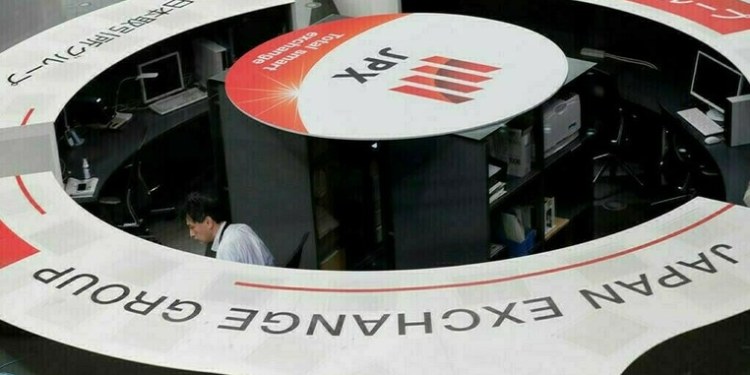 © Reuters. Apartments blocks are pictured during sunset on the outskirts of Tianjin
© Reuters. Apartments blocks are pictured during sunset on the outskirts of TianjinBy Yawen Chen and Ryan Woo
BEIJING (Reuters) – China unveiled fresh measures to support the rental housing market on Wednesday, making it easier for companies in the sector to raise money and paving way for retail investors to buy into securities such as Real Estate Investment Trusts (REITs).
China is working to boost the rental market to help rein in hot property prices and satisfy housing demand, with President Xi Jinping reiterating recently that “houses are for living in, not for speculation.”
But while property prices have shot up, driven by speculation and demand from a growing middle class, China’s rental market has long been underdeveloped and largely remained unregulated, with rental yields easing to multi-year lows.
China will encourage companies to conduct rental housing asset-backed securitization, while strengthening supervision of such securities to fend off financial risks, the securities regulator said in a joint statement with the housing ministry.
“(We) encourage companies involved in the rental housing business to conduct asset securitization according to their operating conditions and based on their own financial needs,” the China Securities Regulatory Commission (CSRC) said in the statement posted on its website, adding that the initiative will help lower corporate debt levels and satisfy demand for more investment options in China.
A “green channel” will be set up to speed up the issuance process, with the regulators pledging to create a favorable policy environment with better coordination among themselves.
China also will launch a real estate investment trust (REIT) pilot programme and support home rental companies in issuing equity-type securities with properties as underlying assets, the housing ministry said on its website.
Chinese developers have jumped on so-called quasi-REITs in recent months, scrambling for funds amid a financial crackdown on illegal financing to the property sector. But so far such securities have only been accessible to institutional investors and they are highly restricted in terms of the assets they can hold and buy.
China has lagged behind other major economies in developing a full-fledged market for REIT investment vehicles, DBS noted in a report earlier this year.
But Wednesday’s announcement suggests they may be allowed to be publicly-traded among retail investors, as those seen in mature markets like the United States.
Such securities would allow developers to raise funds in a more transparent and regulated manner, providing an alternative funding channel as Beijing cracks down on financial risks and shadow banking, even though some market watchers are concerned about the broader risks if a REIT were to fail.
The statement stressed regulators will properly evaluate the rental assets and hold intermediaries and issuers responsible.
Companies will have to meet certain conditions to qualify as issuers of such securities, including requirements that the underlying assets such as apartments must have been built and that the companies can demonstrate a clean record of abiding by relevant rules in the past two years.
Securitization in mid-tier and large cities, as well as the Xiongan new area – a special economic zone situated south of Beijing – will be a priority, the regulators added. They will support efforts by rental housing companies to convert idle commercial office buildings into rental homes and issue asset-backed securities.
Fusion Media or anyone involved with Fusion Media will not accept any liability for loss or damage as a result of reliance on the information including data, quotes, charts and buy/sell signals contained within this website. Please be fully informed regarding the risks and costs associated with trading the financial markets, it is one of the riskiest investment forms possible.
Source: Investing.com





























